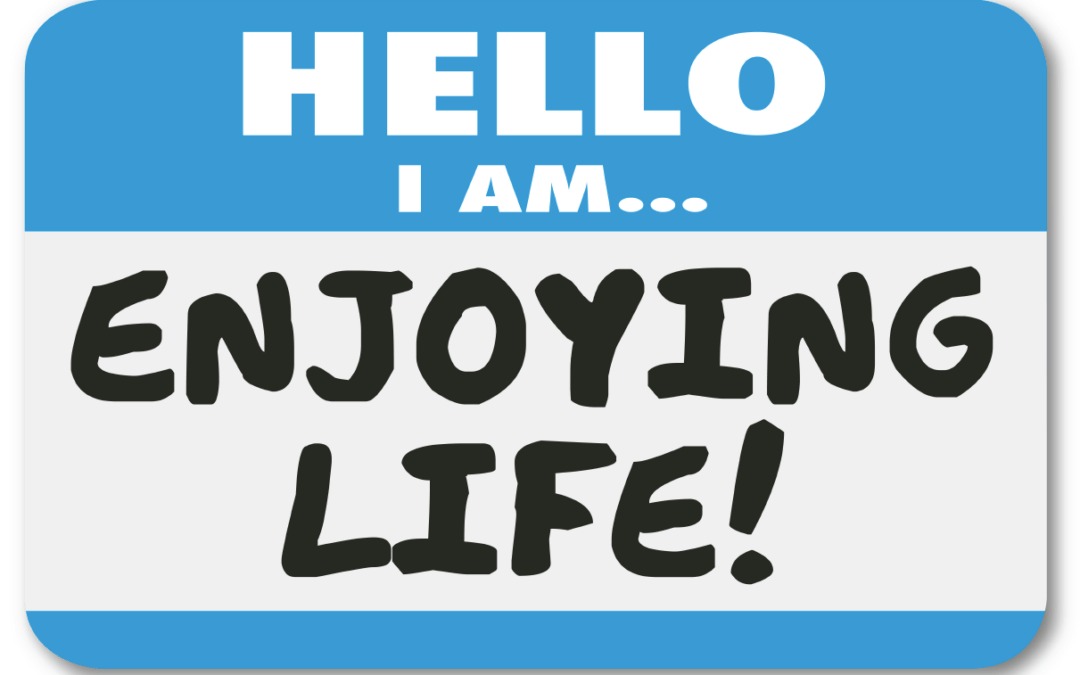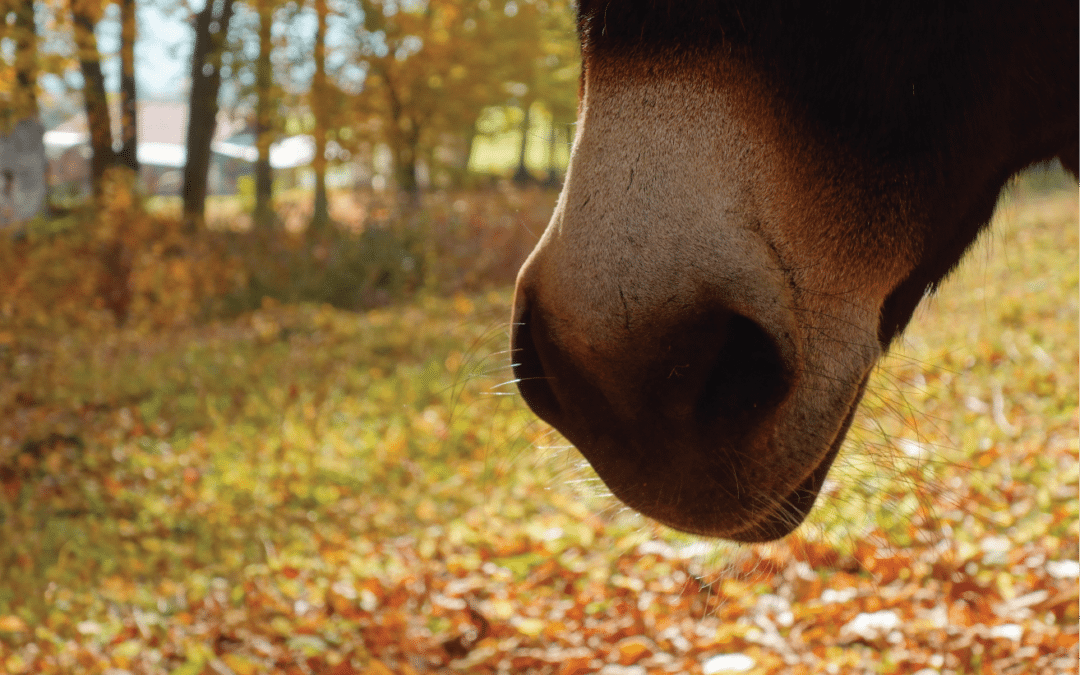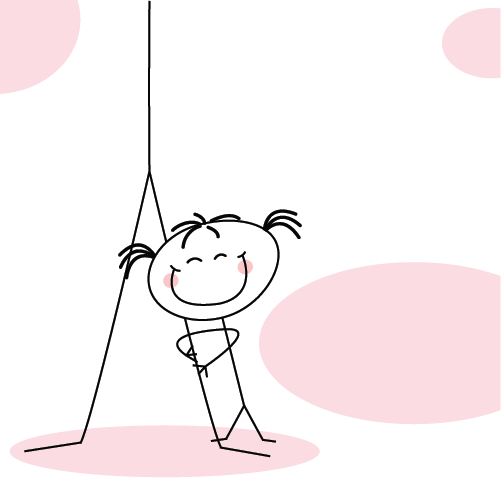
by Corey Ciocchetti | Be Happy
Do you desire authentic happiness – the kind where you wake up joyful and possess a heart filled with more peace and contentment? Are you interested in treating people better (even the mean ones) or mending some broken relationships (even the ones you didn’t break)? Do you struggle often with how to make the right call in the face of fear or moral uncertainty? I do! I want more happiness, contentment, healed friendships, and courage to navigate tough times . . . desperately! If you want more of this as well, you’ve come to the right place.
Every Saturday on the Ethics Blog we will cover the Virtue of the Week! If you think that a Virtue of the Week sounds as nerdy a topic as humanly possible. . . you would be correct. However, it’s nerdy in a wonderful way. Work with me here. We are going to do the kind of thinking that can actually make you a better and happier person, the kind of attitude adjusting we should undertake continually. Let’s “nerd it up” for the greater good.
This week I will introduce the subject of living a virtuous life. Next Saturday, we will begin with COURAGE. That’s the best one to start with. Courage is a meta virtue – meaning that it drives the other virtues. Without courage, it’s tough to be honest and impossible to speak truth to power. Without courage, it’s hard to be compassionate and impossible to swallow pride and forgive. There is also no doubt that our communities desperately need each of us to muster more courage. But, before we get to that we need a foundation in virtue-seeking.

by Corey Ciocchetti | Be Happy
Riddle time: What do we seek dearly but rarely find? Answer: A genuine sense of contentment.
Uh oh. Let me try and read your mind. “Cute riddle, Corey, but do we really have to go there? That’s a sore subject for me so I’ve just been ignoring it.”
I know. Me too! At least, that’s how I used to respond when this issue came up. But, tough conversations like this are the whole point of this ethics blog. Think about it this way, without the fulfillment and peace that come with contentment, it’s impossible to be the best you, your authentic self. And, you certainly need contentment to wake up genuinely and consistently happy. Those are top life goals for any person, I’d hope. So, that’s a good enough reason to bring it up now, right?
The reason why this is so uncomfortable for people is that, like a brilliant rainbow after a storm, contentment is elusive. If you promised people you could provide them with the ONE THING they wanted more of in their lives – sleep, money, nice stuff, education, career success, travel, beauty, popularity, or contentment – what would win? What would you choose? My guess is that, hands down, people would choose more contentment. Perhaps it’s because contentment is the most rare and precious item on that list of desirable things.
This post covers what it means to both seek and find contentment. Come join the conversation . . .

by Corey Ciocchetti | Be Happy
You’ve seen how much I enjoy inspirational stories. Not the corny kind that encourage you to ride a camel or the trite kind that claim, “everything you need is already within you.” I’m talking about the deep inspirational stories that deal with what makes us good humans. These are the kind of stories that – once we’ve heard them – continue to prod us until we start to seek authentic happiness, the greater good, or a stronger character. They make us want to be our better selves. You know, like the STARFISH THROWING story from earlier this week. Here’s another really good one . . . about a donkey.
There’s an important message here about being hurt when bad stuff happens and then rising from adversity.

by Corey Ciocchetti | Be Happy
I love basketball. It’s a game of athleticism and grace, pure joy and total frustration. Most basketball skills are tough to master – especially with someone guarding you, blocking your path. There is one skill, however, that should be easier to pick up . . . a free throw. A free throw is an uncontested shot taken after a foul; each free throw is worth one point. You get to stand, unmolested, fifteen feet from the hoop and try to make it. Oh, and you have ten seconds to focus and prepare. The shot is literally “free” from the standard resistance of the opposing team. This all means that serious basketball players should consistently make their free throws.
But players still miss the shot . . . all the time. Notice that I said free throws are easier, not easy. It’s still difficult to shoot a ball into a hoop that is fifteen feet away where you only have an eight-inch margin of error between the size of the ball and the diameter of the rim. There are often fans in the stands trying to distract you. They scream and wave their hands. So, the art of shooting free throws does not come naturally to anyone. You actually have to practice free throws to be good at them.
It behooves you to make your free throws. Off the court, there are plenty of easy tasks that confront us daily. We either meet our goal, make a half-hearted attempt, or brush it off. Like many areas in life, however, free throws are a zero-sum game – we either make the shot and get our one point, or we miss and get nothing. And, like the Nuggets, too many empty attempts can cost us dearly.
Missed free throws leave us tired, frustrated, and on the losing end of many battles we should have won. And, let’s face it, mastering the easy stuff that confronts us daily creates a sense of satisfaction and relief. It recharges our batteries and frees us from physical and mental pain. In a life that is all too tough and unfair at times, we need all the points we can get.
With this in mind, this article covers the critical free throws we must make every day:

by Corey Ciocchetti | Be Happy
Let’s face it, little kids forgive. It comes so naturally. Then, almost immediately afterwards, little kids forget about their frustration towards you and move on. They do this even if they were really hurt or extremely emotional. They instinctively realize that the important relationships in their lives matter more than a silly fight. Little of this comes from being super-rational beings. In fact, my very intelligent little four-year-old struggles with the desire to wear pants or shoes . . . anywhere. Instead, her moral behavior is innate and tied deeply to her conscience. And her conscience, unimpaired by years of being overridden by bad decisions, still works as it should. It signals that the right thing to do is to forgive and move on. So, she does. All little kids do.
We need to act more like kids in this realm. We must apologize early and often, we must mean it, and then we must move on. The choice of whether that person remains in our life is for a later date. For now, fix let’s fix our broken relationships in the most ethical way possible; let’s begin by saying, “I’m sorry.”
It’s a bit more complicated, but Corey will explain the rest . . .

by Corey Ciocchetti | Be Happy |
I have two beloved daughters. Having daddy wrapped around their little fingers means I’ve seen Frozen as many times as Top Gun. And, I’m glad. The movie is character-affirming; it’s cute and witty. Kids fall in love with young Queen Elsa. She seems to have it all – good looks, a promising career as Queen of a thriving country, and more money than most.
But, after her coronation, Elsa is quickly ostracized as people realize she accidentally freezes things when she gets frustrated. She’s different and that pushes people away. Unhappy, she escapes from her royal life into the solitude of a remote ice castle. The rest of the film is a quest against great odds (and the freezing weather) to find Elsa before it’s too late, bring her back into the family, and to show her she’s loved. As cartoons go, it’s message on acceptance and putting family first is delightful. But, we should also talk about what the movie teaches about happiness – the authentic kind.







